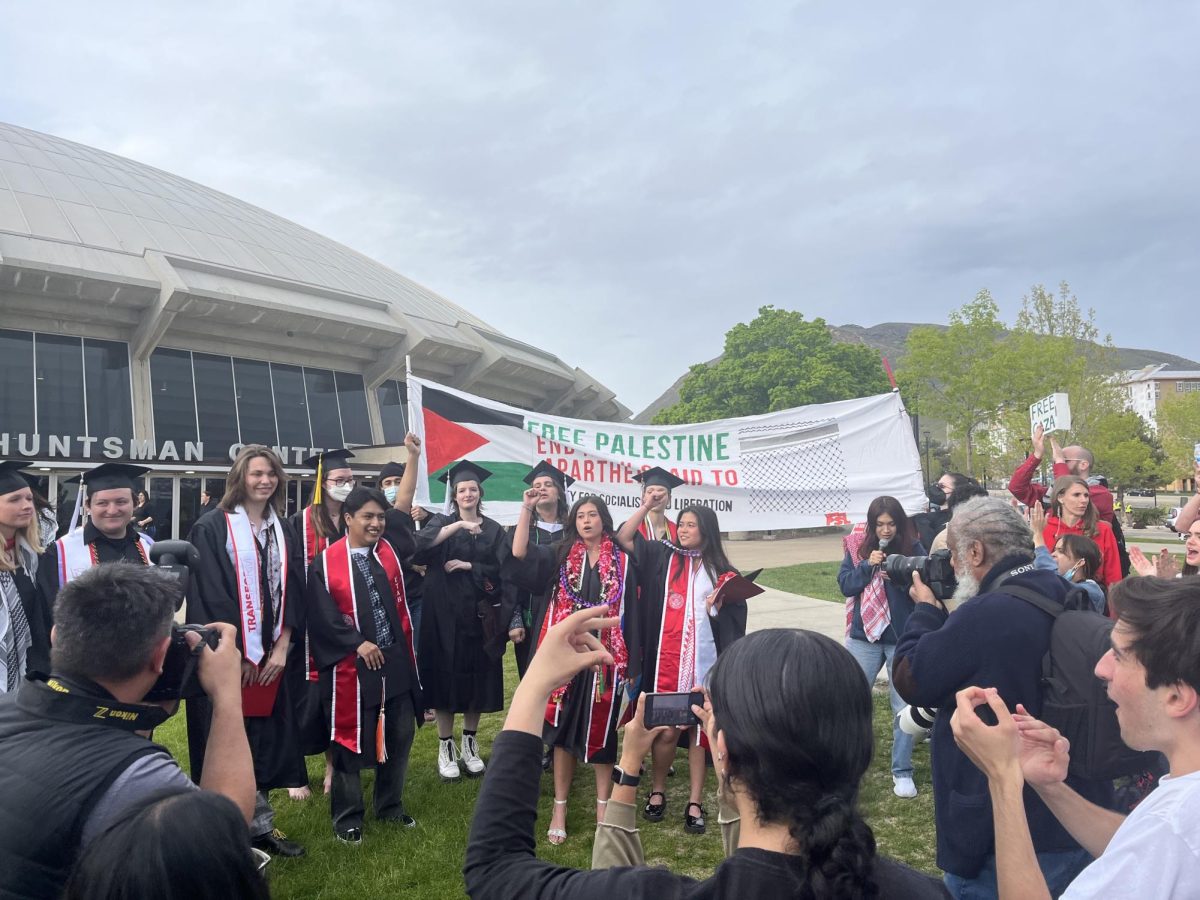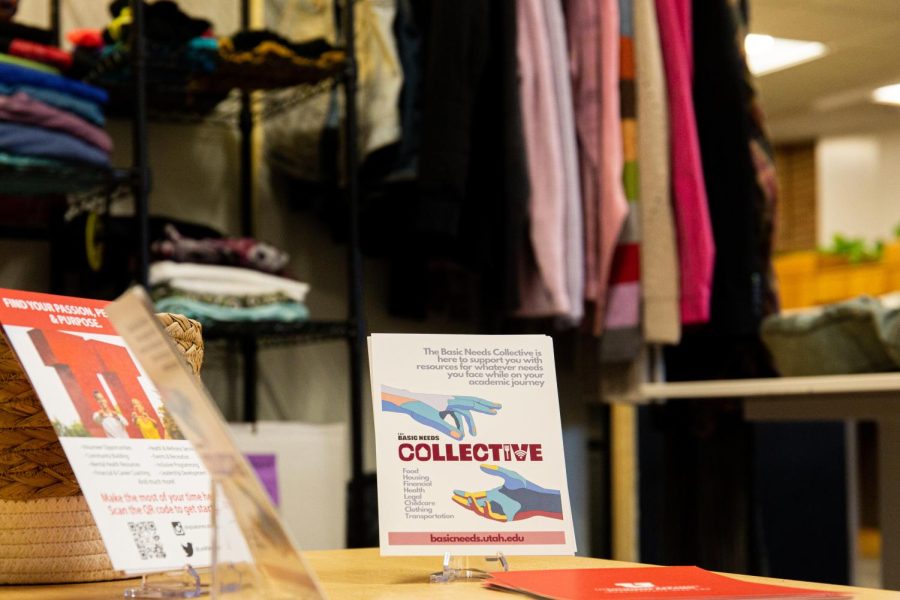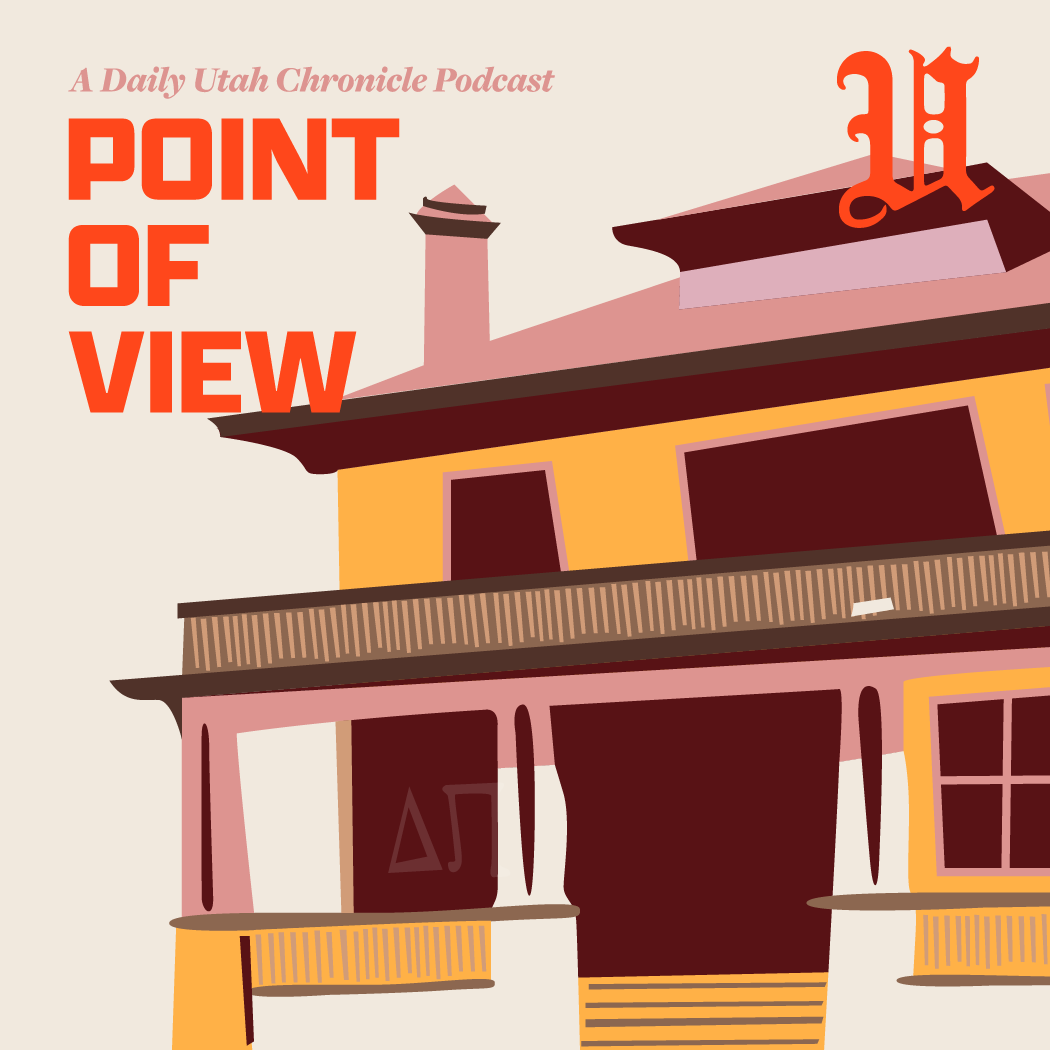Utah was founded by a group of like-minded pioneers — people looking for a new start in a new place. They found a home and valuable resources in a part of the world where no one had thought to look.
When breaking down the state’s two largest college football programs, the first instinct is to point out the differences, but it’s the common denominators that add fuel to the rivalry fire. The teams share a state, a freeway, an airport, a recruiting pool and, in some rare cases, flip-flopping fans. The schools also share the pioneer spirit the state was founded on. Utah and BYU’s football teams were among the first in the nation to tap into the talent of Polynesian players and the strong family- and team-building culture they embody.
“Everybody is pretty tight — it’s like family,” Utah linebacker Malakai Mokofisi said. “If you see a (Polynesian) coming in, then you just take him under your wing and show him around. It’s like a home away from home.”
Thanks in part to Utah and BYU’s early utilization of Polynesian talent, there are now more than 40 Polynesian professional players actively playing in the NFL and more than 30 in the AFL. Veteran names such as Junior Seau and Chris Fuamatu Ma’afala have now paved the way for younger players of South Pacific Island descent.
“There has been a lot of Polynesians that have always come through BYU and Utah, but more and more you’re seeing Tongans and Samoans playing all across the nation,” said Kalani Kauwe, a BYU student of Hawaiian descent.
Hawaiians from Kauwe’s father’s generation were some of the first to play football for Utah teams.
When tracking the history of this phenomenon, it doesn’t take long to arrive at another common trait the schools share — at least to some degree. That trait is one the state of Utah is always associated with — the culture of The Church of Jesus Christ of Latter-day Saints. Through the efforts of LDS missionaries, nearly 32 percent of Tongans and 25 percent of American Samoans are members of the growing religion. The values of the church and the state’s overall tranquility has attracted the attention of Polynesian players and their parents to the two athletic programs.
“A lot of Polynesians that originally came out of Tonga, Samoa, Hawaii, to the mainland all came to Utah because of church reasons, and BYU and Utah started recruiting them,” Kauwe said.
BYU has embraced the islander roots of many of its players, as well as head coach Bronco Mendenhall’s ties to New Zealand, in its pre-game dancing of the Haka. The Haka is a Maori traditional dance that originated in New Zealand. The aggressive movements, darting tongues, grunts and lyrics of the routine are meant to intimidate opponents, originally on the battlefield and now on the gridiron.
The Utes’ 2007 Media Guide contains a page titled the “Polynesian Pipeline,” which features a picture of the 22 Polynesian players and two coaches on the team. The page also provides pictures and names of the eight former Utes who now play in the NFL, including 2005 Fiesta Bowl MVP Steve Fifita.
Both teams’ starting lineups on both sides of the ball are made up in large part of Polynesian players. BYU backs Manase Tonga, Harvey Unga and Fui Vakapuna will be running the ball against Ute defenders Malakai Mokofisi and Kenape Eliapo.
The brotherhood between the Polynesian players is a tight one, but that doesn’t mean they take it easy on each other.
“That doesn’t really matter once you’re on the field,” Mokofisi said. “It’s just what we grew up on. We start playing football and rugby pretty early on. We just like hitting and are built for the game.”











